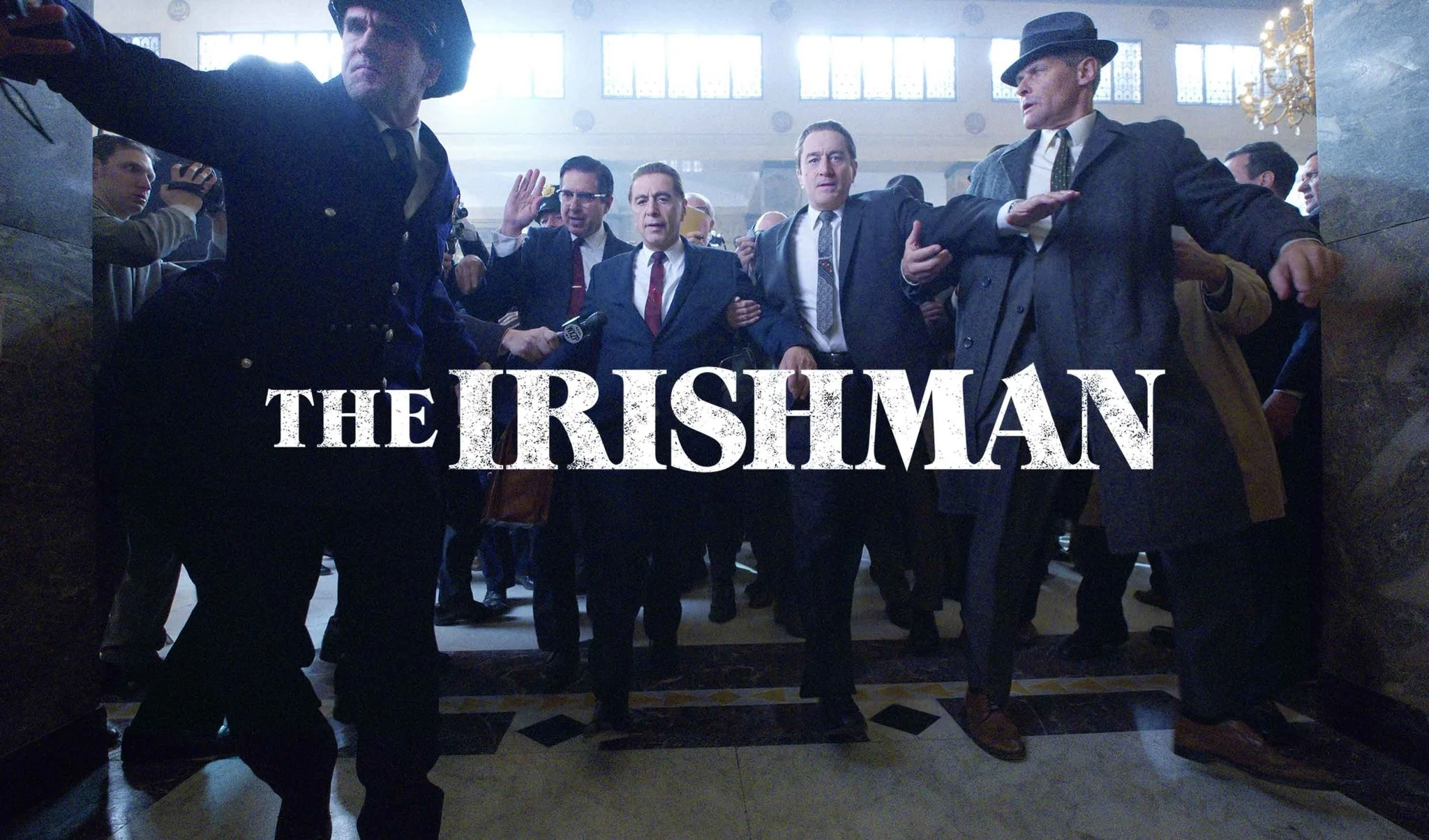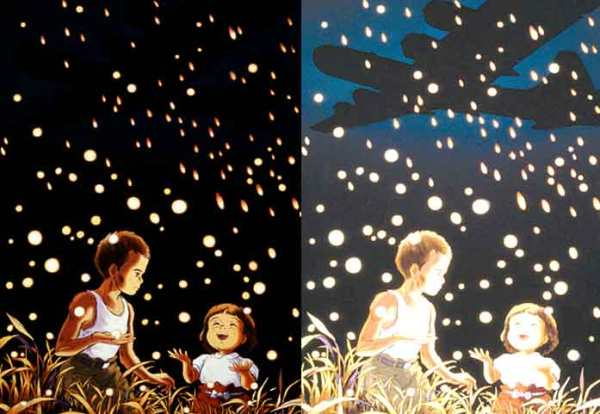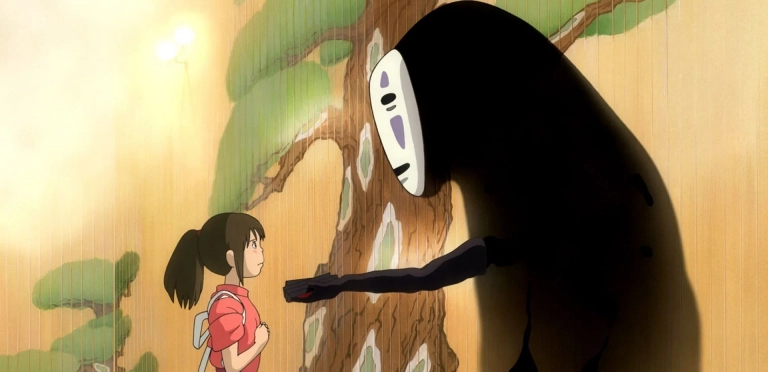I’ve always said Martin Scorsese’s films aren’t my cup of tea. Aside from Taxi Driver and Shutter Island, which I adore, I couldn’t get into Goodfellas, Gangs of New York, or especially The Departed—a movie I find wildly overrated, probably because I hold it up against Andrew Lau’s original Infernal Affairs. Still, I’ve always respected and admired Scorsese’s work. And with The Irishman, I have to say—it’s phenomenal. It’s one of the rare Scorsese films I both love and bow down to in awe.
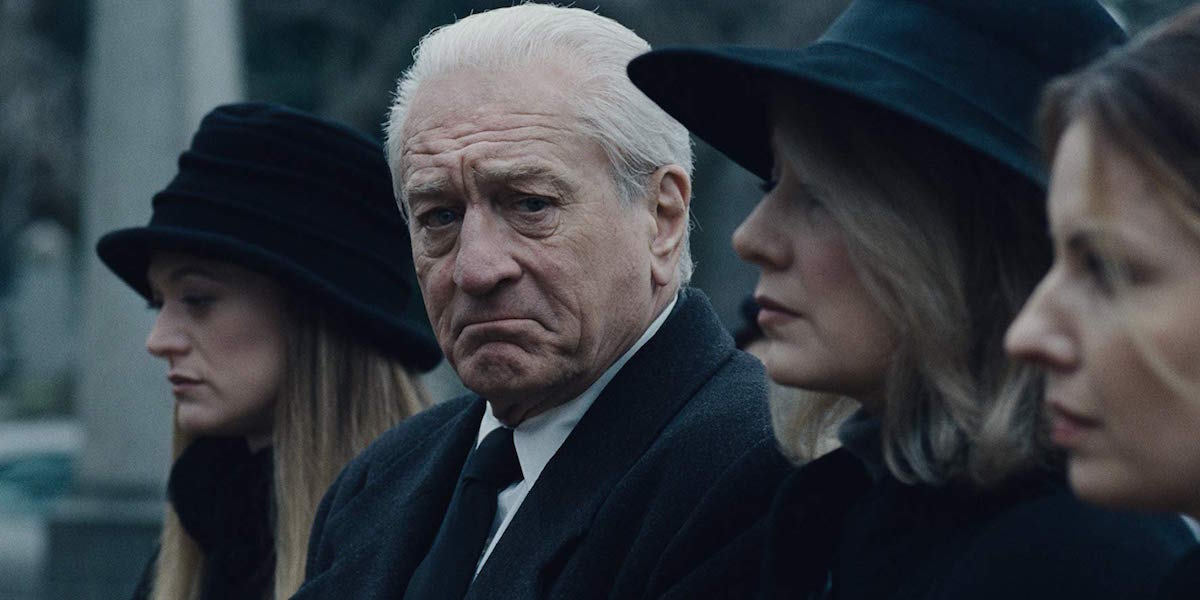
A Mafia Masterpiece
The Irishman carries forward the mafia theme that’s become Scorsese’s signature, placing him shoulder-to-shoulder with Francis Ford Coppola, the maestro behind The Godfather. Based on the real-life story of Frank Sheeran, nicknamed “The House Painter”—a hitman for the mob—the film dives deep into familiar territory.
While audiences still cherish the iconic “godfather” Don Vito Corleone and the raw brutality of the mafia world in The Godfather, The Irishman paints a similar portrait of violence. But this time, it’s through the eyes of a mafia insider (or “cosa nostra,” as they call themselves—never “mafia”). That perspective makes the characters feel colder, and in turn, more terrifying. Unlike The Godfather, a fictional tale spun from Mario Puzo’s Italian roots, The Irishman is grounded in reality—real people, real lives. Every gunshot, every bomb blast, every chokehold hits harder, pulling us into the chilling underbelly of the mob.

A Cinematic Triumph
Scorsese polishes The Irishman to near perfection. The screenplay is flawless, and the performances from a cast of aging legends—Robert De Niro, Al Pacino, Joe Pesci, and others—are nothing short of spectacular. Al Pacino stands out most of all. Once the dashing Michael Corleone in The Godfather, he’s now a weathered old man playing Jimmy Hoffa, the powerful U.S. labor union leader. Back in his day, Hoffa wielded influence over unions, raked in money, and rubbed shoulders with mafia bosses. Pacino nails the role, bringing to life a stubborn, fiery Hoffa whose bullheadedness leads to his downfall—and a steep price.
The bond between Jimmy Hoffa and Frank Sheeran is crafted with masterful finesse. It starts with Frank earning the honor of working for Jimmy, then blossoms into a deep friendship built on unshakable trust. You can’t help but get swept up in their connection, which makes the climax all the more shocking. I’ll admit I was a tad disappointed—I’d read up on The Irishman and Frank Sheeran beforehand, so I knew how it ended between them. But even then, the film pulled me in. The closer their bond grew, the more I felt its weight, and I awaited the inevitable with curiosity and excitement, never boredom.
Editing as Art
When we talk about The Irishman, the script and acting take center stage, but the editing deserves a shoutout too. Scorsese once dismissed Marvel superhero movies as theme park rides, not cinema—a fair jab when you see the artistry in The Irishman. The storytelling is clever and engaging, weaving in classic techniques like jump cuts, pan cuts, and voiceovers with a deft touch that gives the film its unique flavor. What struck me most was how Scorsese introduces characters: text flashes onscreen detailing their deaths just as they appear in their prime—powerful, untouchable, like some John Wick-esque figure—only to reveal they’ll meet their end, gunned down or rotting in jail.
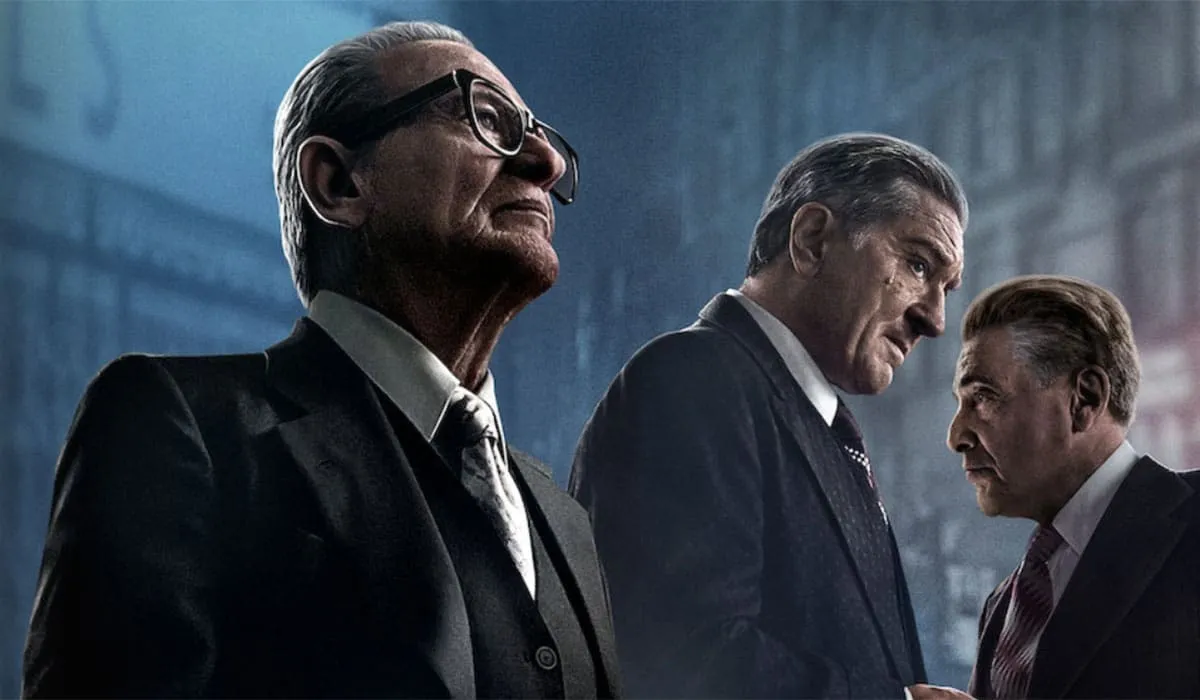
A Dust-Filled Reckoning
That’s the truth of it. By the end, whether it’s the wealthy union boss Jimmy Hoffa, the commanding mobster Russell Bufalino, or the loudmouth Tony Salerno, they’re all gone. Frank Sheeran’s left alone, decades after prison, in a nursing home, shunned by his own daughter for years since he betrayed his friend. Everyone tied to that fateful act is dead, yet Frank, nearing his final days, stays silent—a testament to the mafia’s “code of silence,” famously explored by Mario Puzo in Omertà. But it makes you wonder: no matter how powerful, rich, or infamous you are, you return to the earth in the end. So why stain life with blood, chasing money and power, when all that’s left is dust?
As a titan of mafia cinema, Scorsese tells The Irishman with a detached, cool tone—unjudging yet piercing. Once again, like in Goodfellas, he exposes the dark side of the mob’s glamour, power, and wealth—and the toll it takes on those caught in its web. Karma lingers: mobsters and their associates either die like Jimmy Hoffa or lose everything dear, like Frank Sheeran. Either way, it’s a steep price for a single life.
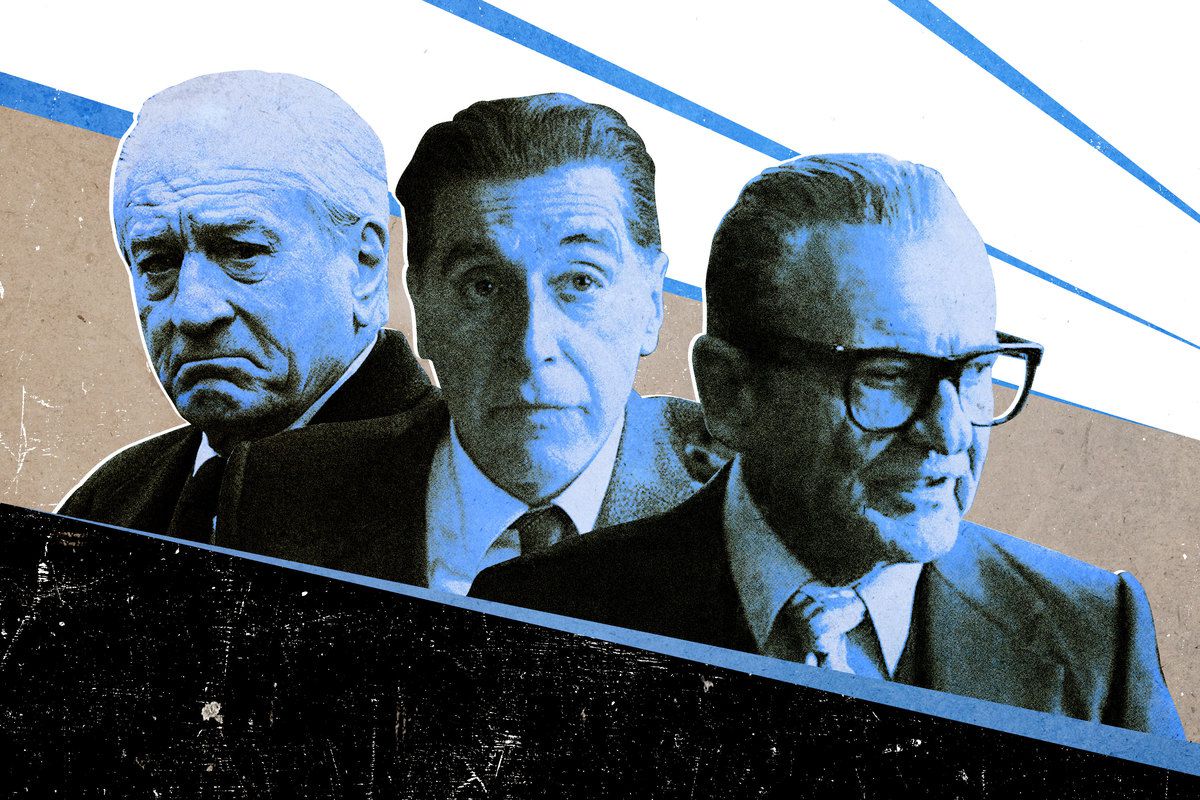
An Awards Contender
Violent yet humane, subtle yet emotional, The Irishman is a top contender for this year’s big awards—Oscars, Golden Globes, BAFTAs. I’d bet it snags a Best Picture nomination, with strong shots at Best Screenplay, Best Director, Best Actor (Robert De Niro), Best Supporting Actor (Al Pacino), and Film Editing. Alongside heavyweights like Joker, Once Upon a Time in Hollywood, Marriage Story, 1917, Little Women, Bombshell, FISK v Ferrari, The Lighthouse, Ad Astra, and Parasite, The Irishman stands tall as a prime Oscar pick next year.

